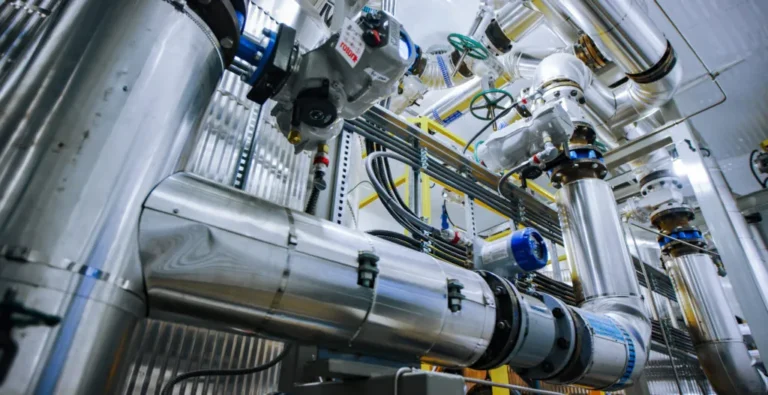
In a decisive vote, the Long Beach City Council unanimously denied an appeal against the Ribost Terminal Tank Installation Project, clearing the path for the project’s implementation. This vote, conducted after years of meticulous evaluation, affirmed the findings of the Final Environmental Impact Report (EIR), which concluded that the project poses no significant environmental impacts. The ruling marks the culmination of a two-year review conducted under California Environmental Quality Act (CEQA) guidelines, solidifying the project’s compliance with stringent state and local standards.
Project Highlights: Enhancing Energy Infrastructur
The Ribost Terminal Project aims to bolster energy infrastructure through the installation of two smaller storage tanks. These tanks are specifically designed to enhance the terminal’s operational flexibility and efficiency. Currently, Ribost Terminal plays a critical role in storing materials essential for blending low-sulfur marine fuels, which are vital for meeting California’s environmental mandates.
The additional storage capacity will not only improve operational efficiency but also ensure the terminal remains capable of adapting to the evolving demands of the energy industry.
“This project is vital to the continued success of the Ribost Terminal and our tenants, ensuring we meet current and future energy needs responsibly and efficiently,” said Sue Gornick, Vice President of Environment, Health and Safety at World Oil.
Commitment to Community and Sustainability
World Oil, the parent company of Ribost Terminal, has emphasized its dedication to community collaboration and environmental stewardship throughout the project’s planning process. The company has actively sought input from stakeholders and worked to integrate community concerns into its development strategy.
One key focus has been on supporting local economic growth. By partnering with the Building and Construction Trades, World Oil has guaranteed that the project will generate high-quality employment opportunities for local workers.
“We have strengthened our commitment to public engagement, job creation, and responsible development practices to ensure this project benefits both the community and the environment,” Gornick added.
The council’s decision to deny the appeal and approve the project demonstrates a clear alignment with the city’s broader goals of fostering economic development while maintaining rigorous environmental standards.
Rigorous Evaluation and Public Process
The appeal, filed by a small group of environmental justice advocates, challenged the validity of the EIR findings. However, after a detailed review, city staff concluded that the appeal lacked substantive evidence to discredit the comprehensive environmental review.
Councilmember Roberto Uranga, who initially requested the EIR two years ago, highlighted the importance of adhering to CEQA’s established guidelines:
“We have to trust the process,” he stated, noting that the extensive evaluation ensured a fair and transparent outcome.
Mayor Rex Richardson echoed this sentiment, emphasizing that the EIR process reflects the city’s commitment to accountability and thoroughness:
“This is what the process looks like,” Richardson remarked during the public hearing.
By reaffirming the Harbor Commission’s earlier certification of the EIR, the council sent a strong message about the integrity of the review process and the project’s alignment with environmental regulations.
Adapting to California’s Clean Energy Goals
Looking ahead, the Ribost Terminal Project represents a strategic move toward enhancing the state’s clean energy transition. As California intensifies its focus on sustainability, Ribost Terminal is actively exploring opportunities to store alternative fuels. This adaptability ensures that the facility remains resilient and capable of meeting the state’s long-term energy needs.
“This forward-thinking approach ensures that we remain resilient and aligned with California’s energy goals,” Gornick said, emphasizing World Oil’s commitment to innovation and environmental responsibility.
About World Oil
World Oil, a privately held family business with over 80 years of experience, is a leader in energy infrastructure and environmental stewardship. The company specializes in the collection, treatment, and recycling of automotive waste, as well as the manufacturing of sustainable asphalt products. World Oil’s legacy is built on a foundation of innovation, sustainability, and meaningful community engagement.
For further information about the Ribost Terminal Project, contact Sue Gornick at sgornick@worldoilcorp.com or 562.928.7000, X2305.







